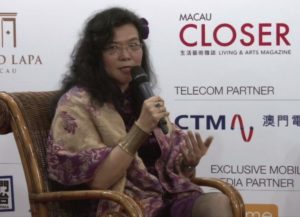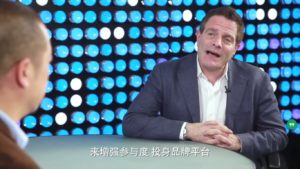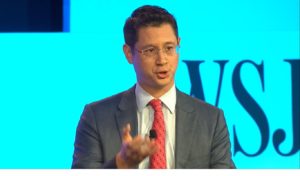My recent trip to Shanghai was a good opportunity to execute a minor post mortem of the Shanghai Worldexpo 2010 that has kept so many people in this city busy over the past years. My main finding - actually a confirmation of earlier observations: it has been a massive feel-good show for China, where foreign participants acted as secundary figurants at best.
One of my friends justed returned from a massive congratulatory meeting the central government had organized in Beijing for all involved in the organization on the Chinese side. The meeting, with all Chinese leaders present, was splashed out over all avaible media channels. From the central governments perspective the WordExpo in Shanghai was a big success, told my friend. "They never organized this after the Beijing Olympics".
The government wanted to show its own citzens it was able to organise such a massive international event. It archieved its goal of getting 70 million visitors to the site - that the event hardly had an impact outside China and did not attract large crowds of foreign visitors was not relevant: they were not the target audience anyway.
After the number of visitors was rather disappointing in the first month, Shanghai took extra ordinary measures the target would be met. For each Shanghai hukou there was a free ticket available, and a transportation card worth 200 Renminbi (20 Euro); workunits (danwei's) were blackmailed into purchasing tickets (paid) and hand them out for free to their staff. That did the trick.
The China pavilion was the only one still in place - and will be till April 2011. Most foreigners did not make it, because of the overwhelming number of Chinese visitors, who were still passing by in large crowds in December and January. The 8-minute opening movie was not only very well done, it illustrated also the feel-good sentiment China wanted to display: the greatness of what China had achieved over the past 30 years of reform.
Not only made the Shanghai a nice return on its investments (and indeed a great subway system), it had the right nationalistic touch, the central government wanted to display for its citizens.
















